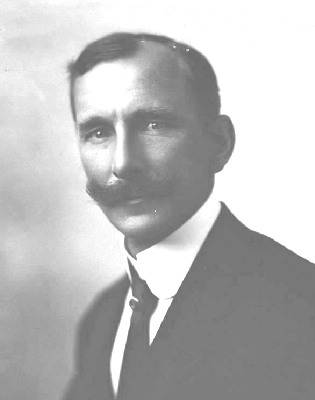| Wilson presenting Congress with his Fourteen Points |
1. Open covenants of peace
2. Freedom of the seas
3. Removal of economic barriers and establishment of equality of trade
4. Reduction of national armaments to the bare minimum necessary
5. Open-minded adjustment of colonial claims
6. Evacuation and lenient treatment of Russia
7. Evacuation and restoration of Belgium
8. Evacuation and restoration of French territory
9. Adjustment of Italy's borders
10. Allowing Austria-Hungary to self-govern
11. Evacuation and restoration of Serbia, Romania, and Montenegro
12. Secure sovereignty of Turkey and free passage through the Dardanelles
13. Creation of an independent Polish state
14. Establishment of the League of Nations
